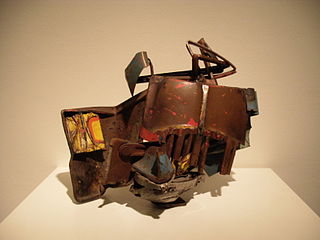A Quote by James Petigru Boyce
The sinful actions of men may be sinful, either from the motives which prompt them, the ends in view, or the means by which they are accomplished. God may concur in such acts, from motives, with ends, and in the use of means which are altogether most holy
Related Quotes
Economic control is not merely control of a sector of human life which can be separated from the rest; it is the control of the means for all our ends. And whoever has sole control of the means must also determine which ends are to be served, which values are to be rates higher and which lower, in short, what men should believe and strive for.
In most cases, to be reasonable means not to be obstinate, which in turn points to conformity with reality as it is. The principle of adjustment is taken for granted. When the idea of reason was conceived, it was intended to achieve more than the mere regulation of the relation between means and ends: it was regarded as the instrument for understanding the ends, for determining them.
The measure of our rationality determines the degree of vividness with which we appreciate the needs of other life, the extent to which we become conscious of the real character of our own motives and impulses, the ability to harmonize conflicting impulses in our own life and in society, and the capacity to choose adequate means for approved ends.
I have quitted all forms of devotion and set prayers but those to which my state obliges me. And I make it my business only to persevere in His holy presence, wherein I keep myself by a simple attention, and a general fond regard to GOD, which I may call an actual presence of GOD, or, to speak better, an habitual, silent, and secret conversation of the soul with GOD, which often causes me joys and raptures inwardly, and sometimes also outwardly, so great that I am forced to use means to moderate them, and prevent their appearance to others.
Intelligence makes clear to us the interrelationship of means and ends. But mere thinking cannot give us a sense of the ultimate and fundamental ends. To make clear these fundamental ends and valuations and to set them fast in the emotional life of the individual, seems to me precisely the most important function which religion has to form in the social life of man.
Differences in political opinions are as unavoidable as, to a certain point, they may perhaps be necessary; but it is exceedingly to be regretted that subjects cannot be discussed with temper on the one hand, or decisions submitted to without having the motives, which led to them, improperly implicated on the other; and this regret borders on chagrin when we find that men of abilities, zealous patriots, having the same general objects in view, and the same upright intentions to prosecute them, will not exercise more charity in deciding on the opinions and actions of one another.


































